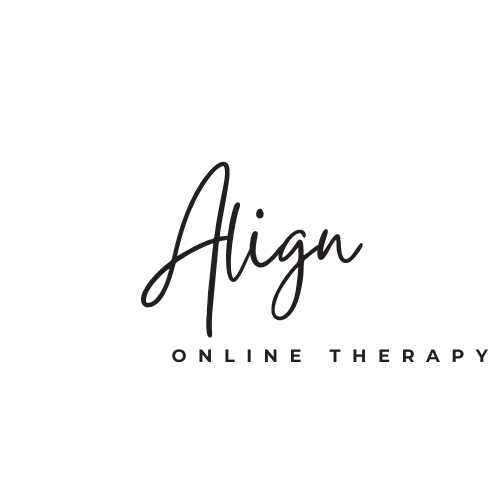Starting Therapy in your 20s & 30s?
Growing up in a family where mental illness was stigmatized, the idea of seeing a therapist always felt out of the question. The last thing my family wanted me to do was tell a stranger about all of our “problems.” I felt like I was being asked to project a level of perfection to the public, and one that I didn't feel was true. However, after countless nights of rumination, panic attacks and sadness, I realized I needed answers to better understand me, and decided therapy was the route to self-discovery.
I waited in the lobby for my therapist and when he walked out my stomach sank.
How could I possibly open up to a stranger?
What would he think of me?
How could I maintain a level of perfection around him?
My therapist greeted me with kind eyes and asked simply, “How are you doing?” His kind and comforting demeanor felt foreign to me, as I’d never had anyone ask so sincerely. Beginning with that first session, my therapist told me my emotions were safe with him. I left stunned - I hadn’t known I could feel as deeply as I did that day.
In therapy, I was often faced with uncomfortable truths that I was not ready to accept. I quickly realized that therapy was not an easy process, in fact, I was pretty resistant in the beginning. I learned how comfortable I was in my own unhealthy cycles, and how scary it felt to give those cycles up. I also felt alone: not many people could relate to my journey towards healing at the time. The hardest truth I learned when I first started therapy was that my environment was not going to change with me, but I still needed to change. It reminded me why I started therapy. It was to find me, not change those around me.
Fortunately, my story is still being written. Since starting therapy, I’ve learned how to set boundaries with my loved ones, have a say in my life, and form an identity that is based on my own values, not just the values I was raised with. I challenged self-limiting beliefs that once convinced me I was undeserving, unlovable, and worthless. I developed communication skills and learned to be assertive, confident, and authentic. I began to feel like a person who was aware of her emotions, could communicate her needs, and live a well-balanced life. Yes, some days are still harder than others. And still, newfound awareness that develops from each breakthrough becomes louder and stronger than the voice that tells you to give up.
So whether you start therapy at 25, 40, or 65, you will experience change. The change will happen a lot sooner in your 20s and you’ll get closer to becoming the highest version of yourself that your younger selves will admire.
Learn more by visiting these popular resources:
https://www.goodtherapy.org/blog/mental-health-20s-stress-0724125/
https://www.self.com/story/starting-therapy-at-28-was-the-best-decision-ive-ever-made


